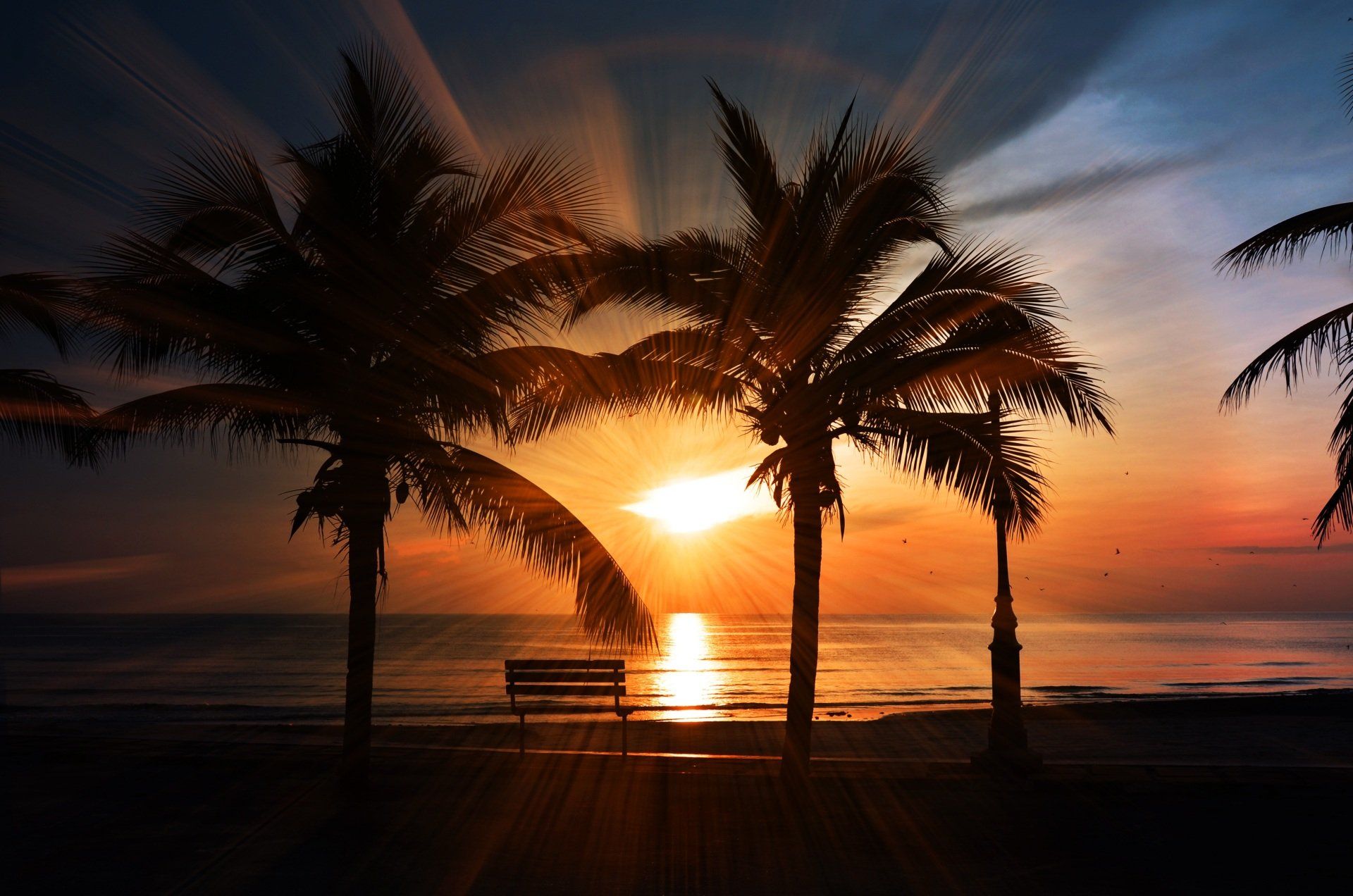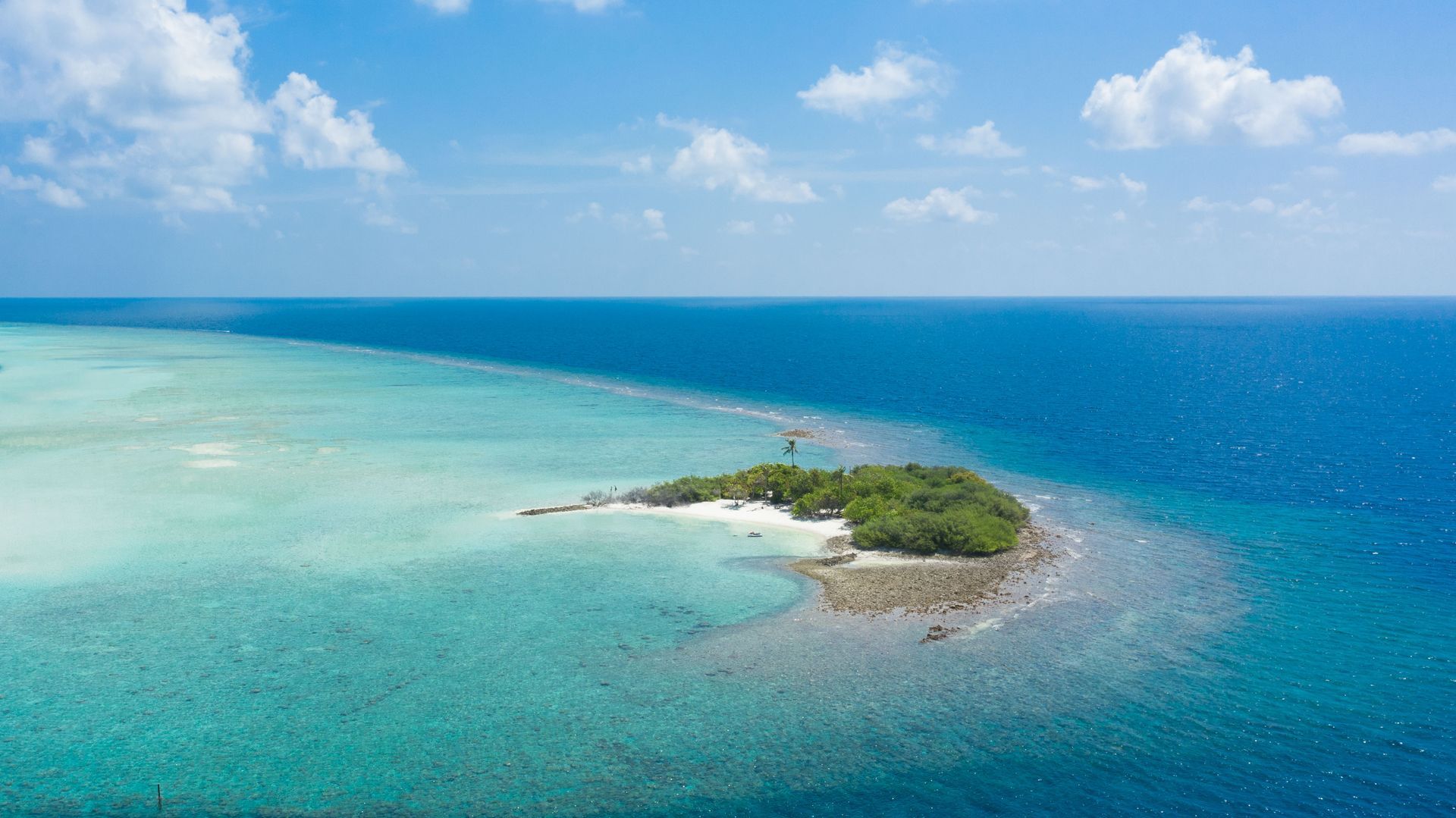The Beacon Blog: Consider It Briefed
The Next Atlantis: Climate Justice in the Pacific Islands
By Hope McLellan-Brandt, Staff Editor for the Vermont Journal of Environmental Law
April 2, 2023

The truth of climate change becomes more prevalent every year, particularly in the Pacific Islands, where increases in storm frequency and severity, along with sea level rise, puts the Pacific Islands at greater risk than the developed world. Waves constantly wash over low-lying islands in the Pacific, damaging crops and groundwater supplies. A recent study shows that the repeated damage due to climate change could render many Pacific Islands uninhabitable as early as 2030. Whole island nations are facing erasure, while industrialized countries reap all the benefits of high carbon emitting activities. For small island states, like the Republic of Palau, the climate crisis is personal. People living in Palau deal with the reality of climate change on a daily basis. In an interview, former President Tommy Remengesau Jr. described his own experiences in using sandbags to prevent the sea level rise from washing away his home. He goes on to explain that sea level rise affects more than just homes; the salt water from the ocean has inundated farms and plantations. Once the soil has been inundated with salt water, the soil is often no longer arable. In addition to sea level rise, ocean acidification greatly affects islands like Palau. The acidification causes coral bleaching, which can affect the fishing environment. Coral cover plays a vital role in determining the overall health of a coral ecosystem. Coral “[r]eefs provide home and shelter to over 25 percent of fish in the ocean and up to 2 million marine species.” This has overarching effects on the people in Palau because fishing plays a key role in Palauan culture as not only sport fishing but sustenance fishing, meaning that climate change not only effects the structures on the island, but many of the aspects central to their culture and survival.
As one can expect, because of the severe effects of climate change in Pacific Islands, Island leaders have tried to be a strong voice in international climate debates. But, despite their efforts, they remain unheard by industrialized nations who have the most power to influence change. However, not all is lost. Over the last year, there have been a series of pushes from the small island states and other climate vulnerable nations to take a legal approach to encouraging international action. Vanuatu, another Pacific Island, has proposed an initiative to request an advisory opinion from the International Court of Justice (ICJ) to “issue an opinion on the obligations countries have to protect the rights of present and future generations from the harmful impacts of climate change.” In its efforts to obtain the opinion, Vanuatu has been gathering support to try and compel the ICJ to issue an advisory opinion. An ICJ advisory opinion is not binding, but it can help hold nations accountable for protecting human rights as they relate to climate change. And, as conditions worsen, it becomes increasingly essential that there be some mechanism by which small island states can hold large nations accountable for the actions they take that exacerbate climate change. As of March 1, 2023, there are 105 co-sponsors for the United Nations (UN) Climate Justice Resolution. Currently, the resolution is expected to be adopted by the UN General Assembly in late March or early April. A favorable ICJ advisory opinion would be essential for future climate debates. For more information about that resolution, and to follow recent updates, please visit this link.
The issues surrounding climate change in the Pacific Islands are prime examples of how environmental injustice plays out on an international scale. People living in the Pacific Islands are routinely ignored in international debates, their cries for help stretching across decades of debate in the international community. But, individuals from wealthier, higher polluting countries turn a blind eye to the harm that occurs in developing nations on a daily basis because for nations relatively unaffected by climate change, the harm felt by climate change is easy to ignore. To quote a song written by an artist in Vanuatu:
“What does it take for you to see
Lives are being lost
With all the storms raging, corals dying, ocean levels rising
It’s a threat to our human rights.”
People living in the Pacific Islands do not have time to wait. Action needs to happen now. Voices in the Pacific need to be heard before it is too late, and the beautiful culture and humanity of the Pacific become the next Atlantis, islands lost to time.

